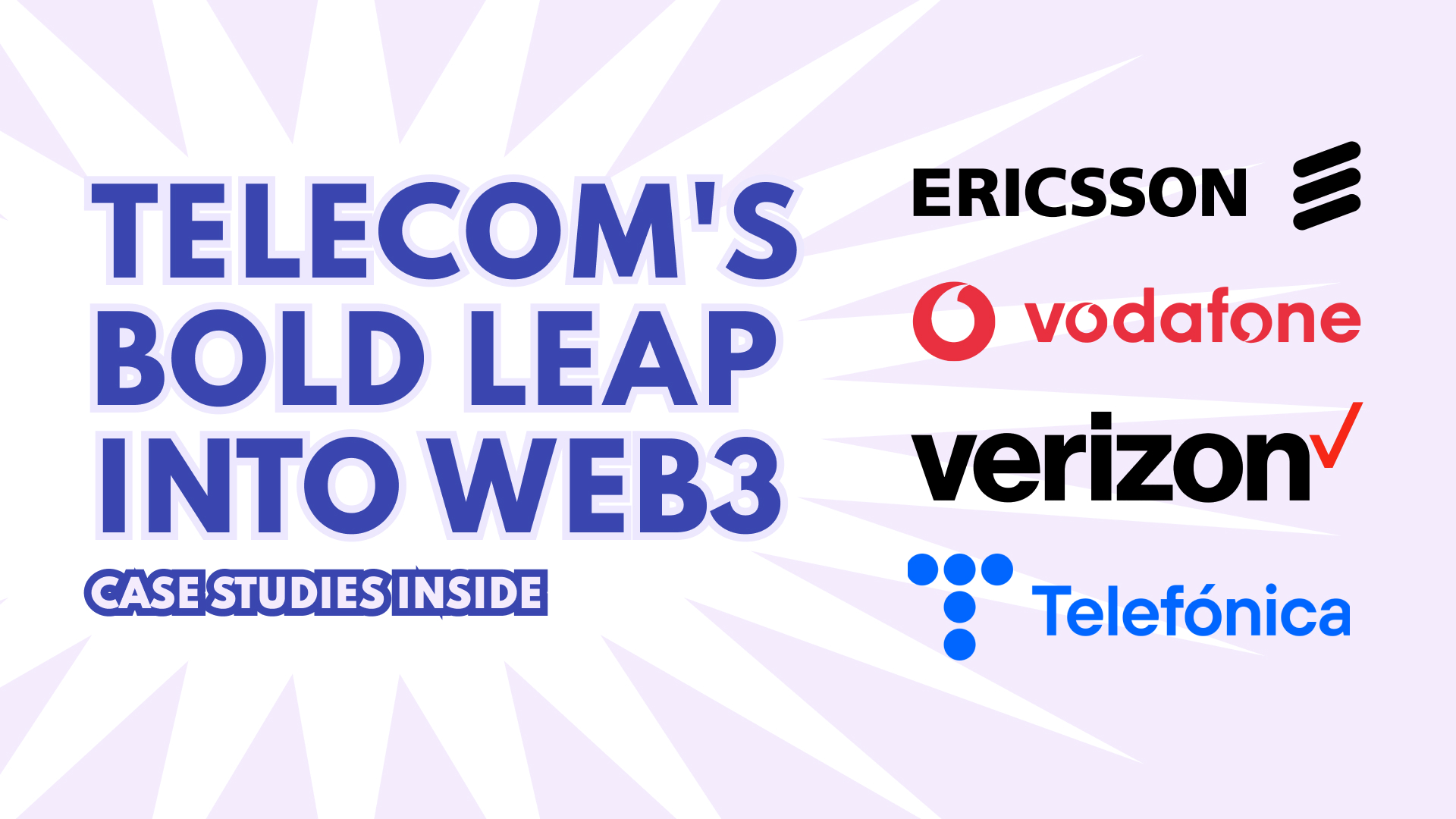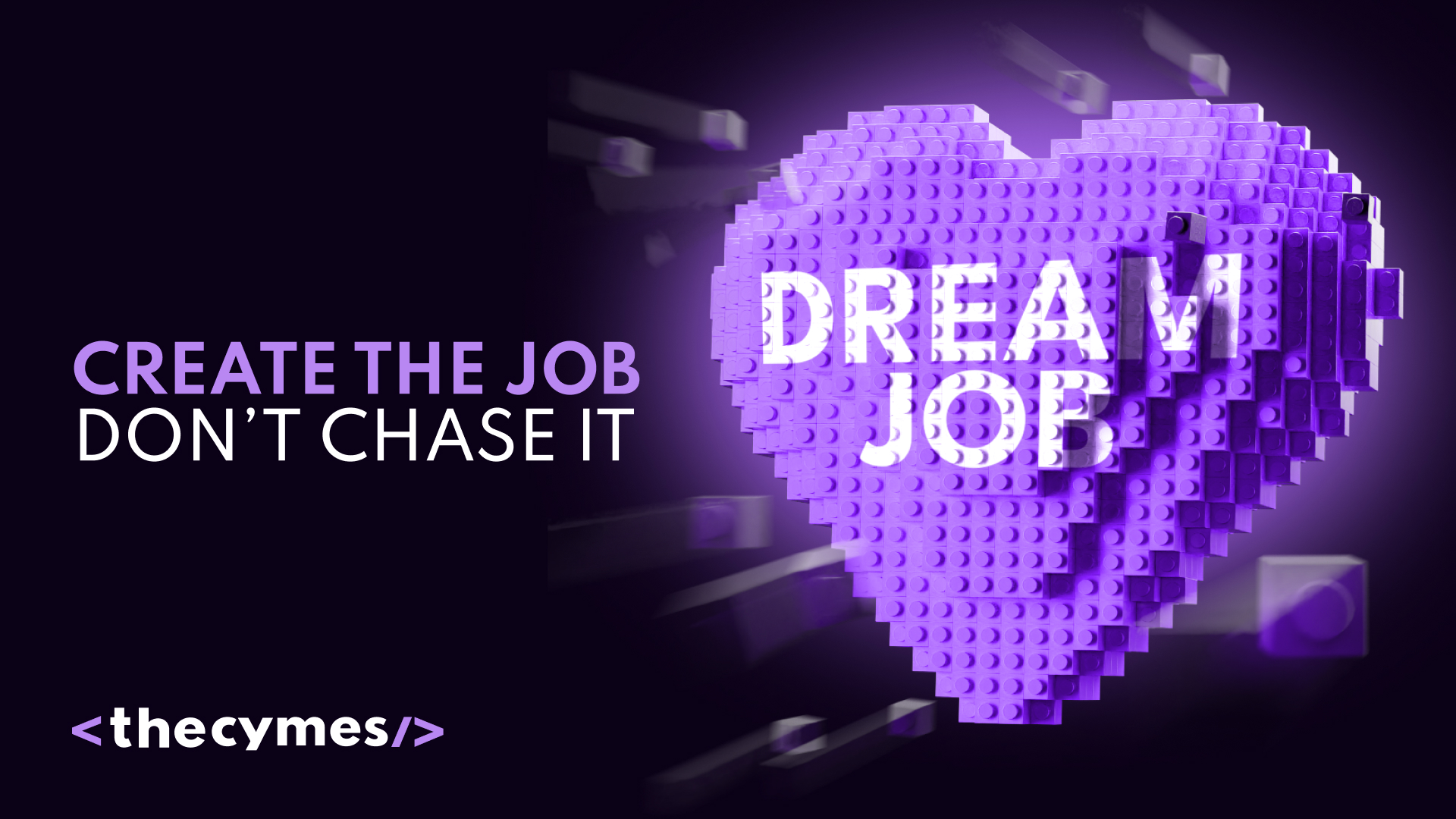.blockchain30 October 13:40
0<
Next-Level Crypto Trading: dYdX Unveils dYdX v4 on Cosmos Blockchain!
/>Learn about dYdX's announcement to develop the upcoming version, dYdX v4, on a standalone open-source blockchain built with Cosmos SDK. Discover how this move enhances decentralization and scalability. be updated on the latest tech newsGet exclusive news updates and overview on tech market




